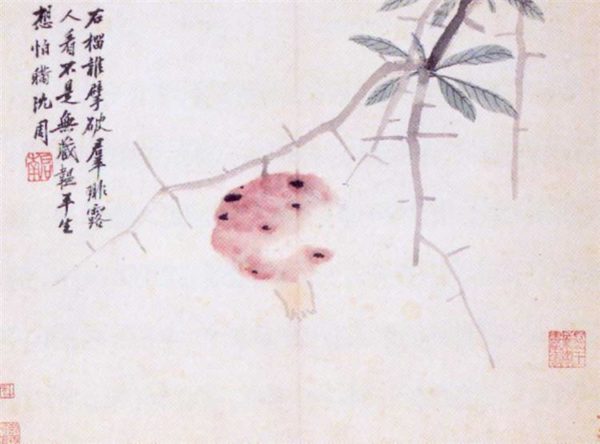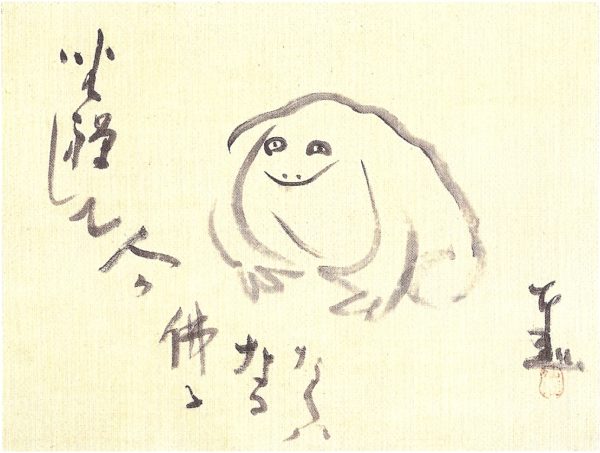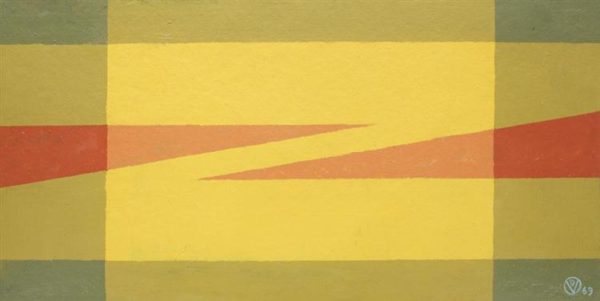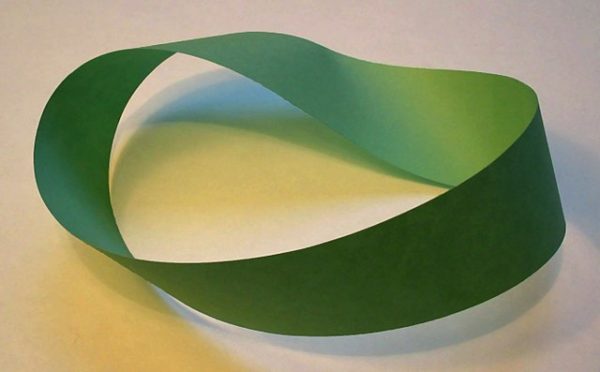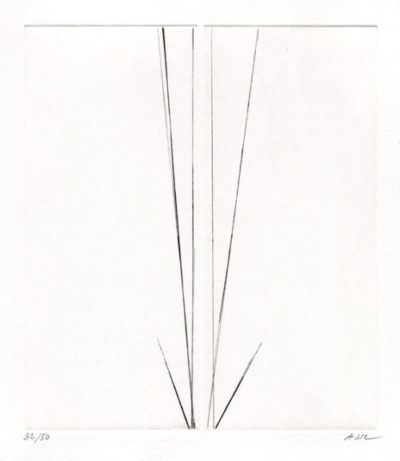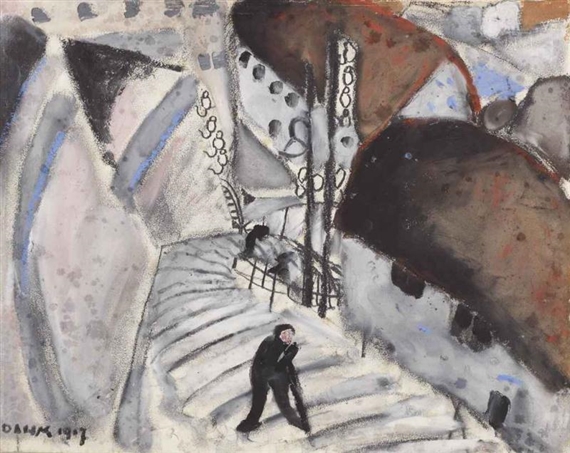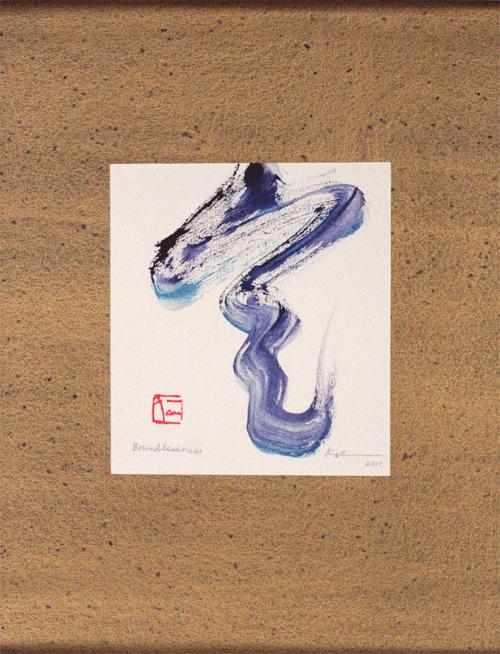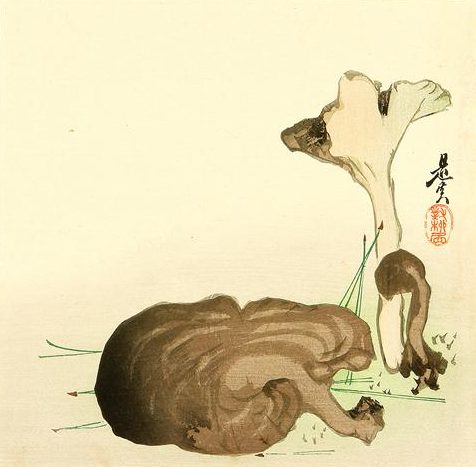Sengai said, “If frog,” you know, “if someone can be a buddha, I – maybe I can be a buddha too.” [Laughing.] Frog was sitting like this [probably gestures] [laughs, laughter]. “If people can be a buddha by practice of sitting, then I can be [laughs] – soon I will be a buddha” [laughs]. For the people who knows what is actual practice, you know, even though they don’t experience enlightenment experience, if he sees someone who, you know, who is sitting to attain enlightenment [laughs], we think he is like a frog sitting [laughs]. …
if you understand what Sengai is feeling when, you know, you see a picture of a frog, you are already, you know, Zen – you have already understood what is Zen. There [is a] lot of humor in it, and there is good understanding of our practice. Even though our practice is – is not better than frog, you know, we will continue to sit. And we can accept a frog as our good example of practice.
I think that is a kind of enlightenment, but if – you should know how you, you know, actually understand a frog. Sengai, you know, drew – after, you know, practicing pretty long time [laughs], you will, you know, partly laugh – laugh at someone who is involved in wrong idea of practice, and partly you will, you know, laugh at yourself [laughs] who is sitting always [laughs] without doing anything – without making not much progress. You will laugh at yourself. When you can laugh, you know, at yourself, humorously, then there is, you know, enlightenment. But still, your zazen is beginner’s zazen or sometimes worse than beginner’s zazen [laughs].
Shunryu Suzuki
(meer…)
